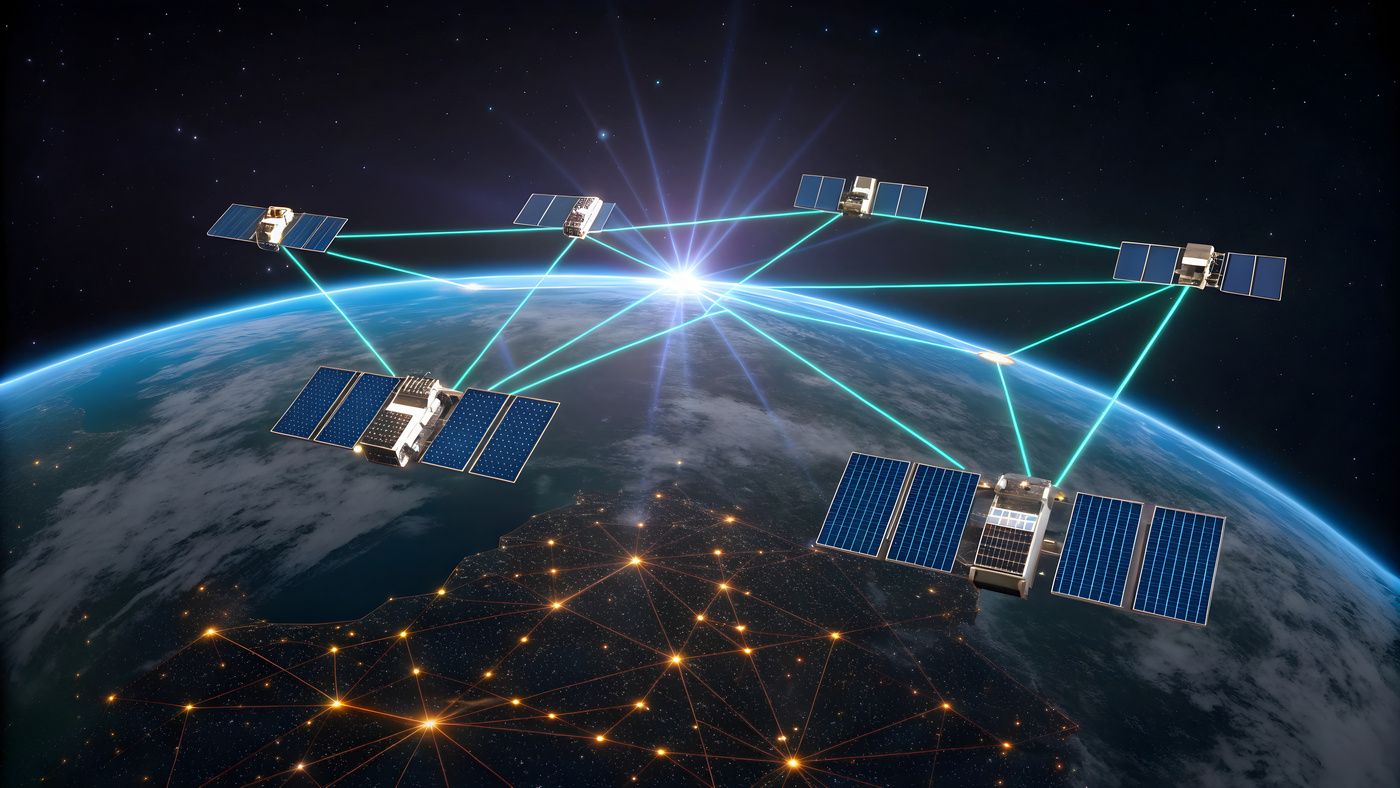
Sustainable space: Constellation growth requires international rules

By Xu Yanbin, Director General, Spectrum and Orbit Resources Center, China Satellite Network Group Co. Ltd (CSCN)
China’s CSCN constellation has started taking shape, with nearly a hundred satellites operational in low Earth orbit (LEO) by the end of August 2025.
Like other major LEO systems, it is poised for rapid growth to support satellite communication services globally.
While mega-constellations can drive social and economic progress and inclusive development on Earth, they present growing sustainability challenges in the orbital environment.
As a constellation system operator, we believe the top issue currently impeding space sustainability is the lack of international rules and mechanisms in our field. Rules can establish the necessary balance between careful use of orbital resources and reliable, highest-quality network services.
For instance, when two orbital shells belonging to different constellations come into proximity, collision avoidance manoeuvres may be required. Executing such manoeuvres consumes fuel, shortening the operational life of the satellites involved. It also disrupts inter-satellite link stability, thereby reducing the reliability and availability for customers on Earth.
Reasonable regulation for such situations is imperative.
Over the next five to ten years, the number of satellites in orbit globally is expected to reach tens of thousands. Amid this surge of space traffic, the absence of effective international rules to ensure sustainability poses growing challenges.
At the same time, increased attention to space sustainability issues among regulators and the industry presents a timely opportunity to establish effective international regulations.
Orderly space development
Space and satellite governance, of course, requires enhanced international cooperation. National regulatory authorities, constellation system operators, and other relevant parties around the world should work together to formulate effective international rules and mechanisms.
United Nations agencies with key space-related mandates could focus on macro-level policies and planning, along with continuing to promote space object management and debris mitigation.
The International Telecommunication Union (ITU), which manages global radio-frequency and orbital resources, offers considerable experience in bringing together national regulatory authorities and operators, including private companies, to shape key international regulations.
How ITU can help
Going forward, ITU could play a greater role in establishing rules and mechanisms for the safe operation of constellation systems amid intensified usage of orbital resources.
For example, the existing ITU regulatory framework for space-based radiocommunications could also guide broader planning and coordination procedures for constellation system orbits. In addition, ITU could establish a globally recognized and trusted platform for exchanges of orbital data and collision warnings.
This would effectively ensure the long-term safety of orbital operations and facilitate orbital coordination among different constellations.
Find out more about the upcoming Space Sustainability Forum.
Check out ITU’s Space Connect webinar: “Space as an economic driver,” 23 September 2025.
Header image credit: Adobe Stock (AI generated)
